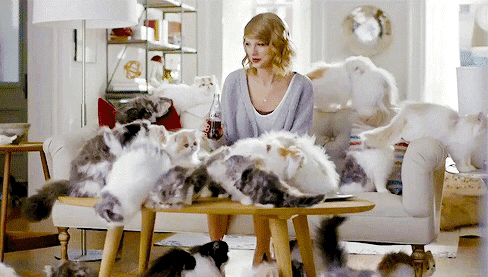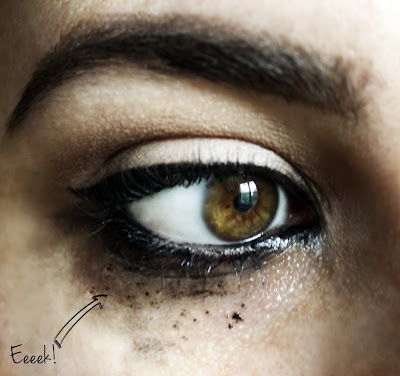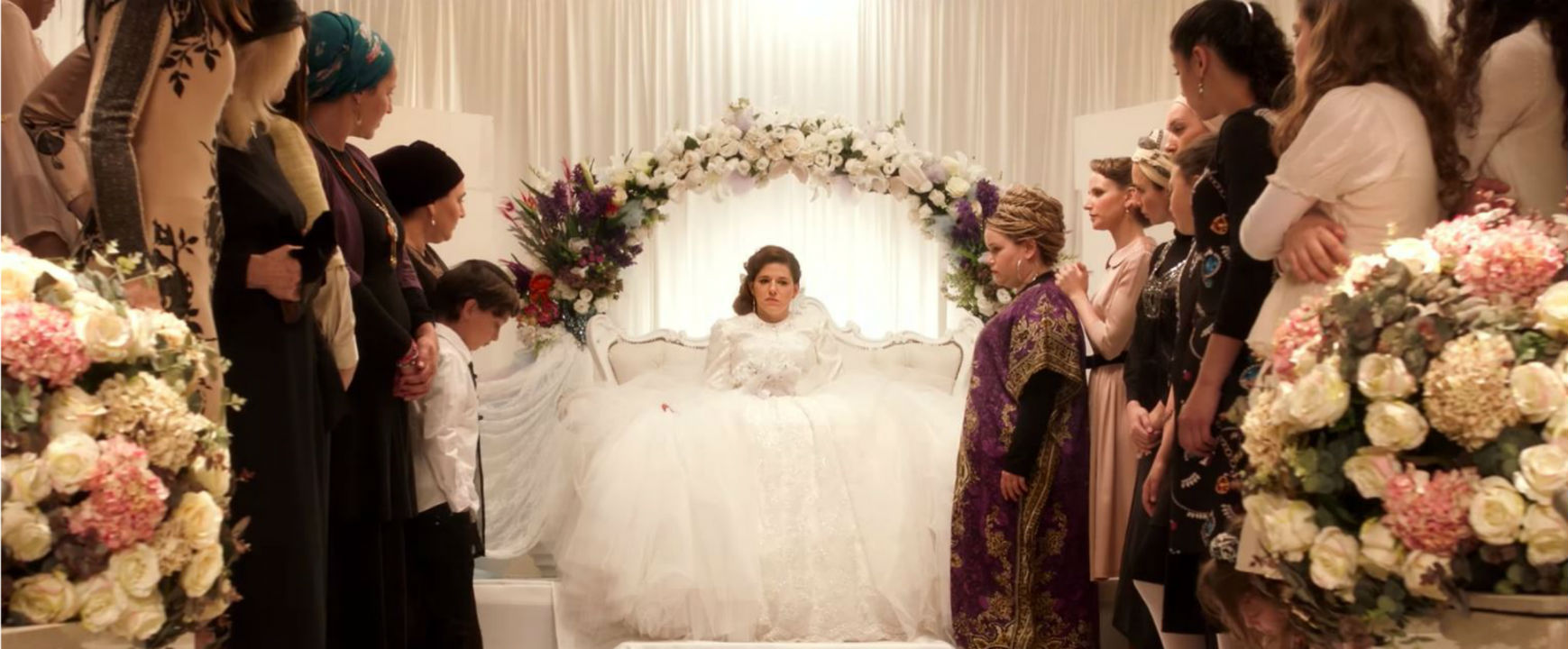I noticed what a difference religion makes in the grieving process. Now I see what a different religion makes in . . . everything.
I discovered this when reading, of all things, an in-depth article about the show The Good Place. I don't even watch the show (yet), but I adore Kristen Bell and Ted Danson so I have plans to.

The show's creator, Michael Schur, fell headfirst into philosophy while creating and maintaining this series. Schur seems to be obsessed with niceness and ethics (he has a "no jerks" policy for anyone working for him).
The idea that excited Schur, for his next sitcom, was both simple and infinitely complex: what it means to be a good person. It was an idea he had been obsessed with in different forms for many years — and that had crystallized for him back in 2005, when Jennifer Philbin, who is now his wife, got into a very minor traffic accident with a man driving a Saab. No one was hurt, and no visible damage was done, and yet the incident would become, Schur later wrote, “one of the most interesting and complicated events of my adult life.” When the Saab driver filed what Schur thought was an unnecessary insurance claim and demanded $836 for bumper damage, Schur countered with a grandly high-minded alternative. If the man would drop his claim, Schur said, he would donate the $836 to victims of Hurricane Katrina. Schur’s plan went viral, and friends and supporters jumped in to pledge more than $30,000 — an incredible philanthropic victory — and yet Schur began to feel a growing sense of unease. He suspected that his mission was not, perhaps, entirely righteous. There was an element of grandstanding to the gesture, of moral one-upmanship, and Schur spoke about it with his family and colleagues and even professors of ethics. He became fascinated by the ways people can rack up ethical credits and debits all at the same time. This, eventually, would become the subject of his show.
It made me realize that Judaism would have a relatively simple answer to this question. Yes, perhaps there would be "grandstanding" and "moral one-upmanship," but it doesn't matter what one's motivation is, as long as charity is going to the right people.
A character says, "What makes us good is our bonds to other people and our innate desire to treat them with dignity.” Sounds right.
In a low moment, I mentioned to Hieronymi (the show's "consulting philosopher") that American culture seems to have abandoned ethics. She disagreed strongly. “It’s amazing to me how moralized and moralistic we seem to be,” she said, “especially right now. It’s just a cultural blamefest.” All the arguments that rage every day across social media and cable news — racism, reverse racism, statutes of limitations, reparations — are fundamentally about ethics. Even the top-down distractions meant to derail these conversations are conducted under the guise of earnest concern for right and wrong.
When people complain "how bad things are nowadays," they don't seem to realize that the world used to operate without any morals whatsoever. Lower classes were exploited and treated like chattel. Life was cheap. Existence was about getting ahead, at the expense of everyone and everything.
Religion used to be the only source of ethics, and even then the supposedly devoted failed miserably. But contemporary agnostics, atheists, and those who follow organized faith all want to be good people.
Schur told me he wants to stress, in his show, the hard work of morality. So much of our ethical life is about thankless grinding drudgery, daily feats of internal strength, a constant invisible resistance.
“It feels, all the time in life, like a bad decision is right in front of you,” Schur said. “No matter who you are, there’s the opportunity to make bad decisions and hurt people. And it takes work just to keep not making those bad decisions. It takes a lot of concentrated effort to do the right thing all the time. Hopefully, you get so used to it, and it becomes such a part of who you are, that it doesn’t take work — you’re on autopilot making good decisions. But not always, and for a lot of people, not ever. You don’t have to look very hard to see a group of people in this country who have given in and are just making the worst decisions you can make. . .”
That's the perk of religion. We are raised, from childhood, that certain behaviors are unacceptable, and it is second nature for many of us. Sure, each of us does struggle with certain not-nice drives, but we know that is what our purpose here is.
In the face of so much badness, Schur said, it is always tempting to give up. But the heroic thing is simply to try.
“You have to work at it, every day,” he said. “It’s so hard. The temptation will always be there to go: ‘Oh, no one’s watching. No one’s looking. I’ll just do this.’ Whatever ‘this’ is. If you throw a coffee cup at a garbage can and you miss, you could just walk away. The amount of bad you put into the universe is very minimal. But someone else is gonna have to come along and pick that thing up, and it sucks. It’s not that person’s problem, it’s your problem. And it’s a very slippery slope. . . "
We believe that we are watched, all the time. I heard a speaker once ask: "If you were alone in a room with a sandwich on Yom Kippur, would you eat it?" The audience was horrified. "But if you were alone in a room with a pile of money, would you take any?" The audience was now thoughtful. But we still do believe that we are never "alone in a room." We will always be accountable.
“And now the next thing is like, whatever — you cheat on your taxes. And you get away with it, because government bureaucracy is bad at picking up on tiny errors people make. And you’re like: All right, nobody got hurt. Because you’re not thinking about the school 82 miles away that couldn’t afford new textbooks because they didn’t get enough tax revenue and had to lower the school budget. All you’re thinking about is, I saved $400 by cheating on my taxes, that’s pretty cool. The window just keeps shifting, and eventually you become the kind of person who is making the bad, selfish, wrong decision by default instead of the good one. And then 15 years have gone by.”
We also believe that every person can achieve salvation, even in the blink of an eye.
". . . Do you give up or do you try? And they decide to try. And that is what the whole season is like. We’ll keep trying as long as we can. We’ll keep trying. No one is perfect. No one will ever win the race to be the best person. It’s impossible. But, especially since starting this show, I just think everyone should try harder. Including me."










